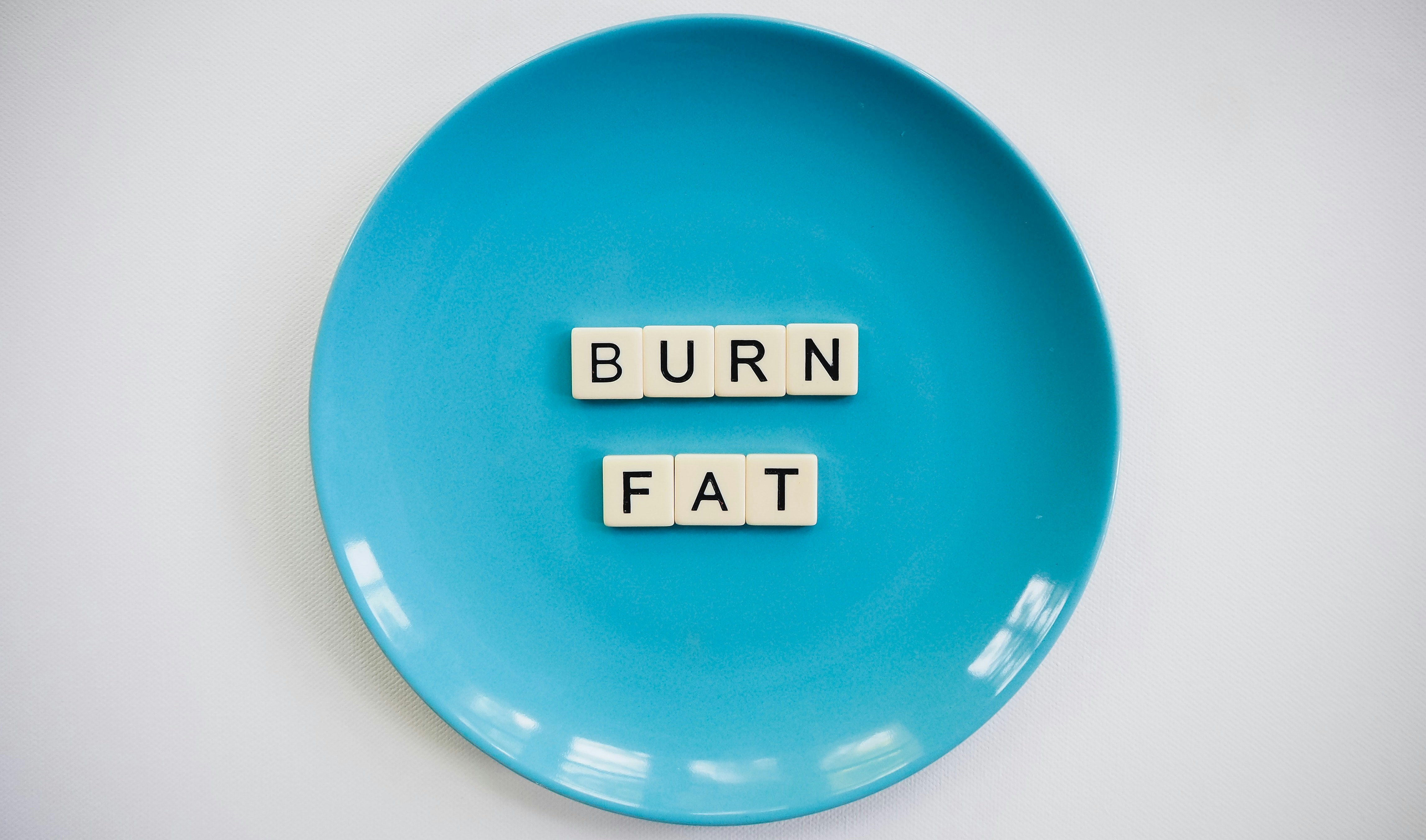Understanding Weight Loss: The Science Behind It
Weight loss fundamentally hinges on the principle of energy balance, which refers to the relationship between the calories consumed through food and beverages, and the calories expended through metabolic processes and physical activity. When the number of calories consumed exceeds the number of calories burned, the body stores the excess energy as fat, leading to weight gain. Conversely, when individuals create a caloric deficit, meaning they burn more calories than they intake, weight loss occurs. This concept is pivotal in any healthy weight loss diet plan.
Metabolism plays a crucial role in weight loss. It encompasses all the biochemical processes that convert food into energy. Basal metabolic rate (BMR), which is the number of calories the body needs to maintain basic physiological functions at rest, significantly influences weight management. Factors such as age, gender, and muscle mass can affect an individual’s BMR. Hence, understanding one’s metabolic rate is essential for creating an effective weight loss strategy.
In addition to energy balance, macronutrients—carbohydrates, proteins, and fats—are vital to consider in a weight loss diet. Each macronutrient supports the body in different ways and varies in caloric value. Carbohydrates, often the primary source of energy, should be consumed in moderation, as excess can contribute to weight gain. Proteins are essential for muscle repair and growth, making them beneficial in weight loss as they can enhance satiety and prevent muscle loss during caloric restriction. Fats, while calorie-dense, are necessary for hormone production and nutrient absorption but should also be consumed judiciously. A balanced, nutrient-dense diet that incorporates all three macronutrients can thus optimize weight loss results, further emphasizing the role of nutrition in achieving and maintaining a healthy body weight.
Popular Science-Backed Diet Plans for Weight Loss
The quest for effective weight loss solutions has led to the development of various diet plans, each with a foundation in scientific research. One of the most renowned is the Mediterranean diet, which emphasizes whole foods, healthy fats, and a high intake of fruits and vegetables. This diet not only promotes weight loss but also supports heart health. Individuals adhering to the Mediterranean diet typically consume olive oil, fish, legumes, and whole grains while limiting processed foods and red meats. Studies have shown that this approach can lead to sustainable weight loss and improved metabolic health.
Another prominent strategy is the Low-Carbohydrate Ketogenic diet. This plan focuses on drastically reducing carbohydrate intake while increasing fats and moderate protein consumption. By promoting a state of ketosis, the body becomes more efficient at burning fat for energy. Research has indicated that this diet can result in significant weight loss and reductions in hunger levels, making it an appealing choice for many. However, individuals considering this approach should pay attention to nutrient balance and ensure the inclusion of micronutrients through vegetable sources.
Intermittent Fasting (IF) has gained immense popularity for its flexibility and simplicity. Rather than focusing on what to eat, this method emphasizes when to eat. Common protocols include the 16:8 method, where individuals fast for 16 hours and eat during an 8-hour window. Several studies have demonstrated that IF can assist in weight loss by enhancing metabolic efficiency and promoting fat oxidation. Ultimately, this plan can accommodate various dietary preferences, making it adaptable for diverse lifestyles.
In summary, these science-backed diet plans offer valuable options for individuals seeking to lose weight effectively. By understanding the fundamental principles and food choices associated with each plan, readers can select a diet that aligns with their personal needs and lifestyle preferences. Each of the mentioned approaches has its own merits, allowing individuals to tailor their weight loss journey with informed decisions.
Creating Your Personalized Weight Loss Diet Plan
Developing a personalized weight loss diet plan requires careful consideration of various factors including caloric needs, individual lifestyle, and specific dietary preferences. The first step in creating your plan is to assess your daily caloric needs. This can be done using basal metabolic rate (BMR) calculators that take into account your age, gender, weight, and activity level. Understanding your caloric requirements will allow you to establish a nuanced approach to caloric intake for effective weight management.
Next, it is essential to set realistic weight loss goals. Aiming for a steady weight loss of 1 to 2 pounds per week is generally recommended by health professionals. This gradual approach not only promotes sustainable habits but also minimizes the likelihood of regaining weight. When defining your goals, consider both short-term milestones and long-term aspirations, ensuring that they are specific, measurable, achievable, relevant, and time-bound (SMART).
Choosing the right foods is a pivotal aspect of effective weight loss diet plans. Focus on incorporating whole foods such as fruits, vegetables, lean proteins, whole grains, and healthy fats into your meals. This selection harmonizes with the objective of balanced nutrition while creating a caloric deficit. Meal planning can further aid in achieving your dietary goals by preparing your meals in advance, which minimizes the chances of impulsive food choices that may not align with your weight loss objectives.
Understanding portion control is another crucial element in maintaining progress. Familiarize yourself with appropriate serving sizes and practice mindful eating to foster better awareness of hunger cues. Additionally, learning to read and interpret food labels will help you make informed decisions about what you consume, guiding your selections towards healthier options. In essence, a personalized weight loss diet plan is about creating a balanced, manageable approach to food that aligns with your unique needs and promotes lasting health improvements.
Staying Motivated and Overcoming Challenges
Adhering to a healthy weight loss diet can process numerous psychological hurdles that may hinder progress. Understanding the motivational aspects of weight loss is crucial for overcoming these challenges. Maintaining motivation throughout the journey can dramatically influence outcomes, making it essential to adopt effective strategies to keep on track.
One useful technique is setting short-term goals. By breaking down the long-term objective into manageable chunks, individuals can experience a sense of accomplishment as they achieve each goal. These milestones serve to reinforce motivation and keep the journey feel achievable rather than overwhelming. This sense of success keeps individuals engaged in their weight loss diet and combats the feelings of discouragement that often accompany slow progress.
Tracking progress is another critical strategy. Whether through a journal, mobile app, or physical chart, visual representation of the journey can provide concrete evidence of improvement. Recognizing gains—whether in weight loss, increased energy levels, or improved fitness—can uplift spirits and strengthen dedication to the diet plan. Furthermore, sharing this progress with friends or family can enhance accountability, fostering a supportive environment conducive to success.
Support groups can also play an invaluable role in the weight loss process. Connecting with others who share similar goals alleviates feelings of isolation while offering encouragement and inspiration. Such communities can provide a platform for exchanging tips, discussing challenges, and celebrating accomplishments, bolstering collective motivation and commitment. In addition, celebrating small victories, like sticking to a meal plan for a week or reaching a weight milestone, reinforces positive behavior and nurtures a growth mindset. By recognizing and valuing these small achievements, individuals can create a healthier relationship with the weight loss journey and maintain the motivation needed for sustainable change.









